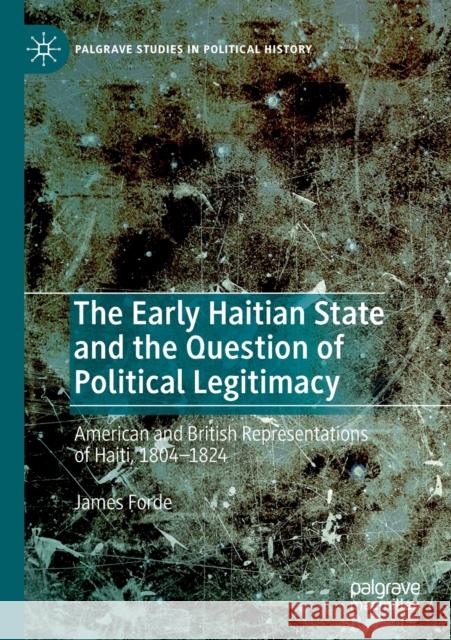The Early Haitian State and the Question of Political Legitimacy: American and British Representations of Haiti, 1804--1824 » książka
topmenu
The Early Haitian State and the Question of Political Legitimacy: American and British Representations of Haiti, 1804--1824
ISBN-13: 9783030526108 / Angielski / Miękka / 2021 / 230 str.
The Early Haitian State and the Question of Political Legitimacy: American and British Representations of Haiti, 1804--1824
ISBN-13: 9783030526108 / Angielski / Miękka / 2021 / 230 str.
cena 200,77
(netto: 191,21 VAT: 5%)
Najniższa cena z 30 dni: 192,74
(netto: 191,21 VAT: 5%)
Najniższa cena z 30 dni: 192,74
Termin realizacji zamówienia:
ok. 22 dni roboczych
Dostawa w 2026 r.
ok. 22 dni roboczych
Dostawa w 2026 r.
Darmowa dostawa!
Kategorie BISAC:
Wydawca:
Springer Nature Switzerland AG
Seria wydawnicza:
Język:
Angielski
ISBN-13:
9783030526108
Rok wydania:
2021
Ilość stron:
230
Waga:
0.28 kg
Wymiary:
21.01 x 14.81 x 1.22
Oprawa:
Miękka
Wolumenów:
01
Dodatkowe informacje:
Wydanie ilustrowane











